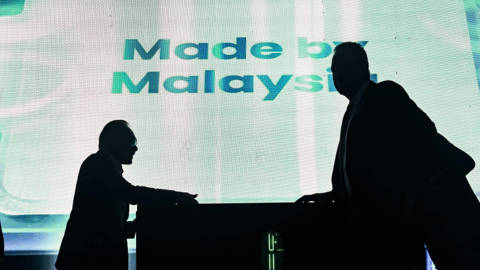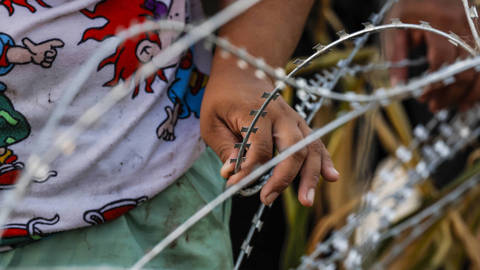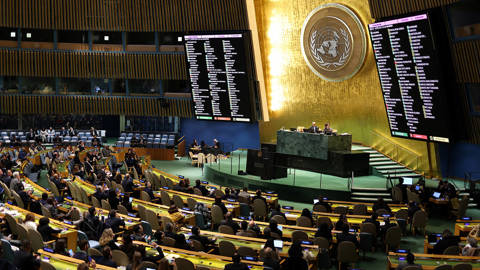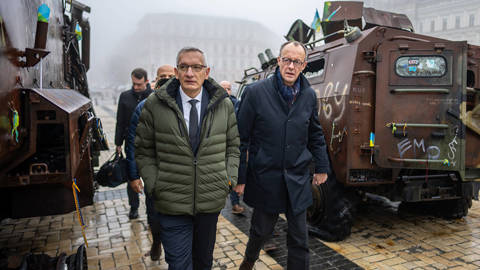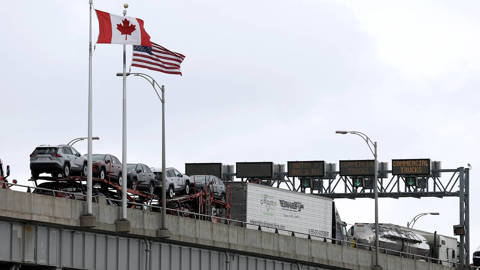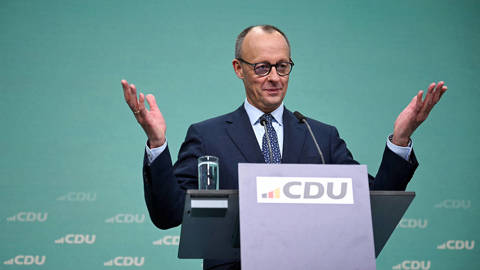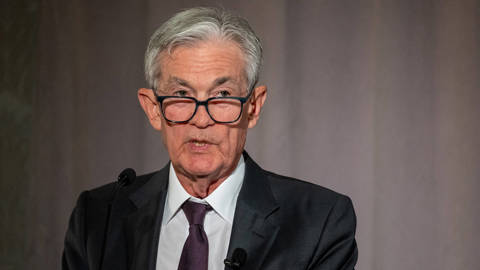Arjun Jayadev
Arjun Jayadev is Professor of Economics at Azim Premji University and Senior Economist at the Institute for New Economic Thinking.
-
Patents vs. the Pandemic

Patents vs. the Pandemic
Apr 23, 2020 Joseph E. Stiglitz, et al. show why the intellectual-property regime for life-saving drugs should not survive the COVID-19 crisis.
-
Intellectual Property for the Twenty-First-Century Economy

Intellectual Property for the Twenty-First-Century Economy
Oct 17, 2017 Joseph E. Stiglitz, et al. support emerging economies' efforts to eliminate barriers to the global diffusion of knowledge.
-
Obama Versus Obamacare
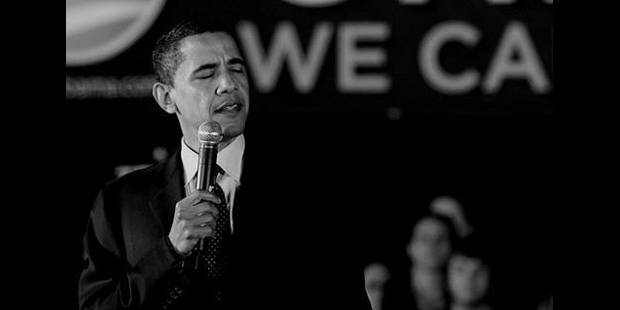
Obama Versus Obamacare
Feb 10, 2015 Joseph E. Stiglitz, et al. criticize US President Barack Obama for undermining Obamacare's goal of health-care affordability.
-
India’s Patently Wise Decision
India’s Patently Wise Decision
Apr 8, 2013 Joseph E. Stiglitz & Arjun Jayadev

